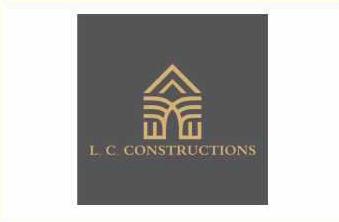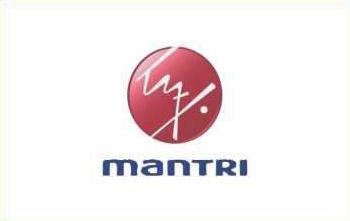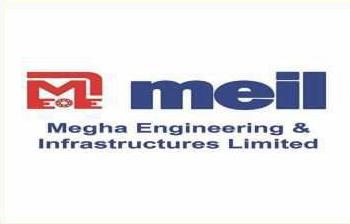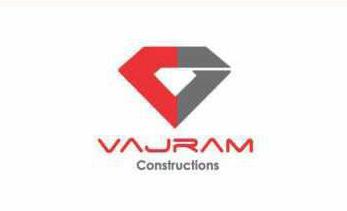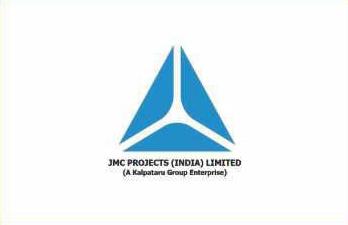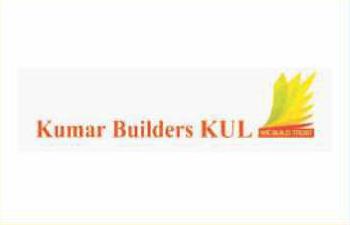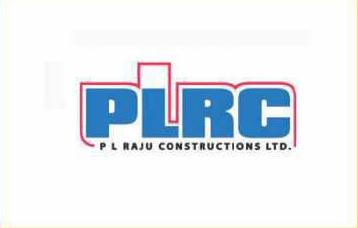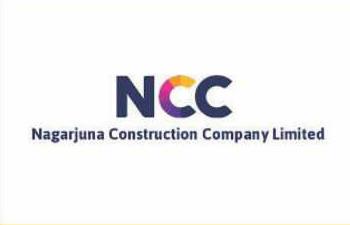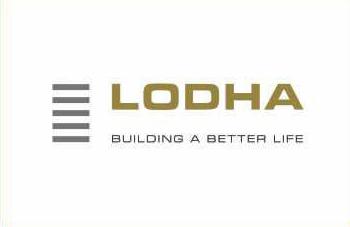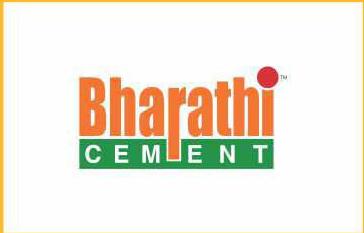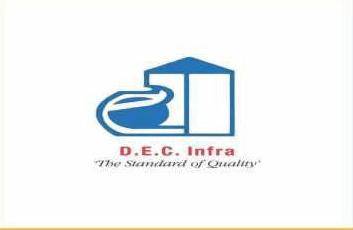In the ever-evolving construction industry, the choice of reinforcement bars is critical to ensuring the strength and durability of structures. TMT bars and traditional steel bars represent two distinct reinforcement materials, each with its own characteristics and benefits. Understanding the differences between these two steel bar types can help make informed decisions for various construction projects.
What are TMT Bars?
TMT bars, or Thermo-Mechanically Treated bars, are a type of steel reinforcement that has undergone a specialised manufacturing process to enhance their mechanical properties. The process involves a combination of heat treatment and mechanical deformation. After the hot-rolled bars leave the final mill stand, they are rapidly cooled through quenching. This cooling process hardens the outer surface of the bars while maintaining a hot, softer core. The subsequent self-tempering phase transforms the outer layer into a solid tempered martensite, while the core remains a ductile austenite. This unique manufacturing process results in a product that offers superior strength, flexibility, and corrosion resistance.
What are Traditional Steel Bars?
Producers use a more straightforward process involving hot rolling to produce traditional steel bars, often called mild steel bars or MS bars. These low-carbon steel bars find common use in construction due to their basic reinforcement properties. Unlike TMT bars, traditional steel bars do not undergo advanced treatment processes that enhance their strength and flexibility. As a result, they are generally more susceptible to corrosion and have lower tensile strength than their modern counterparts.
Manufacturing Process:
TMT Bars : The manufacturing of TMT bars involves a sophisticated process that includes quenching, self-tempering, and atmospheric cooling. This process enhances the bars' strength and ensures they have a high corrosion resistance. The high-quality raw materials and stringent quality controls contribute to their superior mechanical properties.
Traditional Steel Bars : Traditional steel bars are produced through a more straightforward hot-rolling process without the advanced treatment techniques used for TMT bars. This results in bars with lower strength and reduced resistance to environmental factors.
Strength and Flexibility:
TMT Bars : One of the most significant advantages of TMT bars is their high tensile strength and flexibility. The Thermo-mechanical treatment process imparts a unique combination of strength and flexibility, making these bars ideal for applications requiring high load-bearing capacity and resistance to bending.
Traditional Steel Bars : Traditional steel bars offer primary reinforcement but lack TMT bars' high tensile strength and flexibility. This makes them less suitable for structures that demand enhanced performance and durability.
Corrosion Resistance:
TMT Bars : TMT bars are designed to withstand harsh environmental conditions. The rapid cooling process and the subsequent self-tempering phase contribute to a dense and robust outer layer that provides excellent resistance to corrosion. This makes them preferred for constructions exposed to moisture and other corrosive elements.
Traditional Steel Bars : Traditional steel bars are more prone to corrosion due to their straightforward manufacturing process. They may require additional protective measures to ensure longevity in corrosive environments.
Cost-Effectiveness:
TMT Bars : Although TMT bars are generally more expensive than traditional steel bars, their superior properties often justify the cost. The increased strength and corrosion resistance can lead to long-term savings by reducing maintenance and repair costs.
Traditional Steel Bars : Traditional steel bars are more cost-effective upfront, but their lower strength and susceptibility to corrosion may lead to higher long-term maintenance and repair costs.
Why Keshree TMT Bars Lead the Way?
Quality is crucial when selecting reinforcement bars for your construction project. Keshree TMT Bars set the standard for excellence. Produced by Keshree Metallurgies Private Limited , these bars undergo a detailed manufacturing process to ensure top-notch quality and performance. Keshree Metallurgies uses advanced technology and high-quality raw materials to create TMT bars that meet the highest standards. Their rigorous quality control methods guarantee that each bar is strong, flexible, and durable.
People also recognise Keshree TMT Bars' excellent corrosion resistance, making them perfect for harsh conditions. With years of experience and a focus on innovation, Keshree TMT Bars are a trusted choice for premium reinforcement. Choose Keshree TMT Bars to enhance your construction projects with reliable strength and durability.
Conclusion
In summary, TMT bars and traditional steel bars serve different purposes in the construction industry. TMT bars offer distinct advantages in strength, flexibility, and corrosion resistance. While conventional steel bars may still have applications, TMT bars provide superior strength, flexibility, and corrosion resistance, making them the preferred choice for modern construction projects.
By opting for high-quality TMT bars, such as those produced by Keshree Metallurgies, builders and developers can ensure the longevity and durability of their structures, ultimately leading to safer and more resilient constructions.
If you're looking for the best TMT bars to enhance the strength and performance of your construction projects, consider choosing Keshree TMT Bars for their proven quality and reliability.


